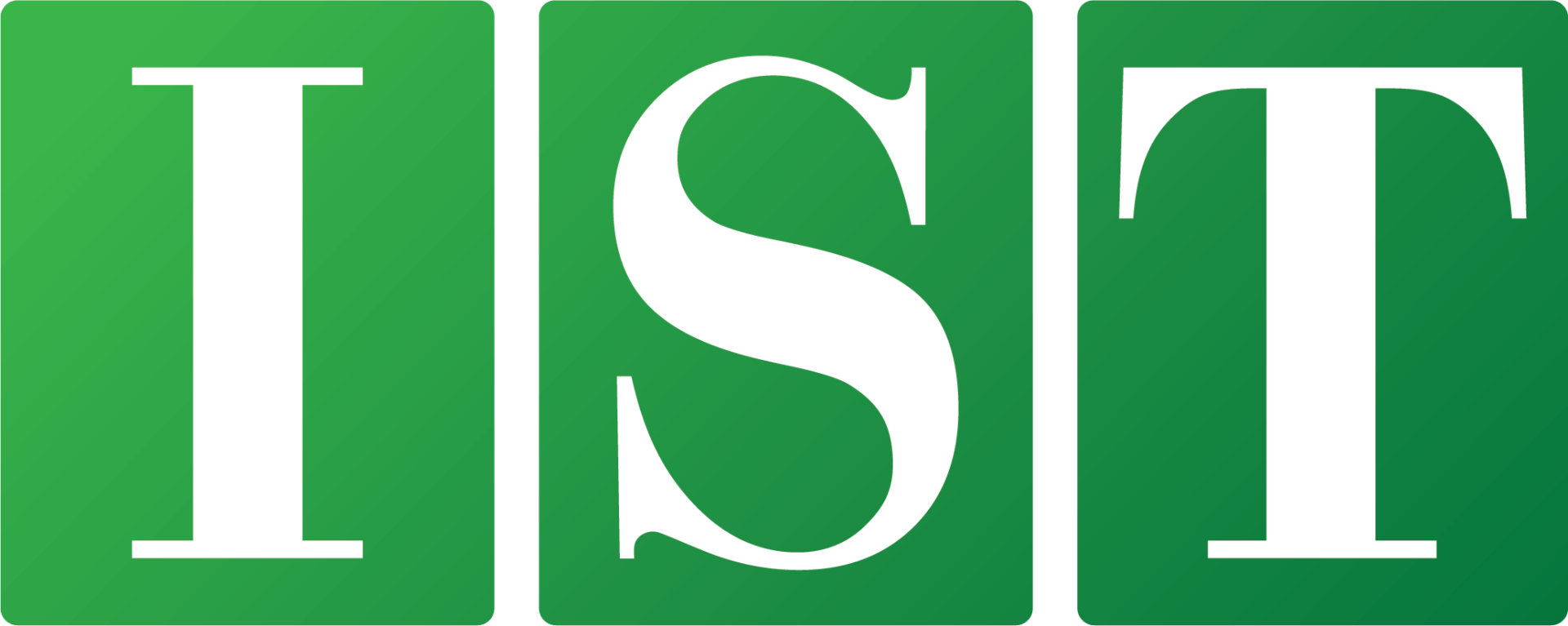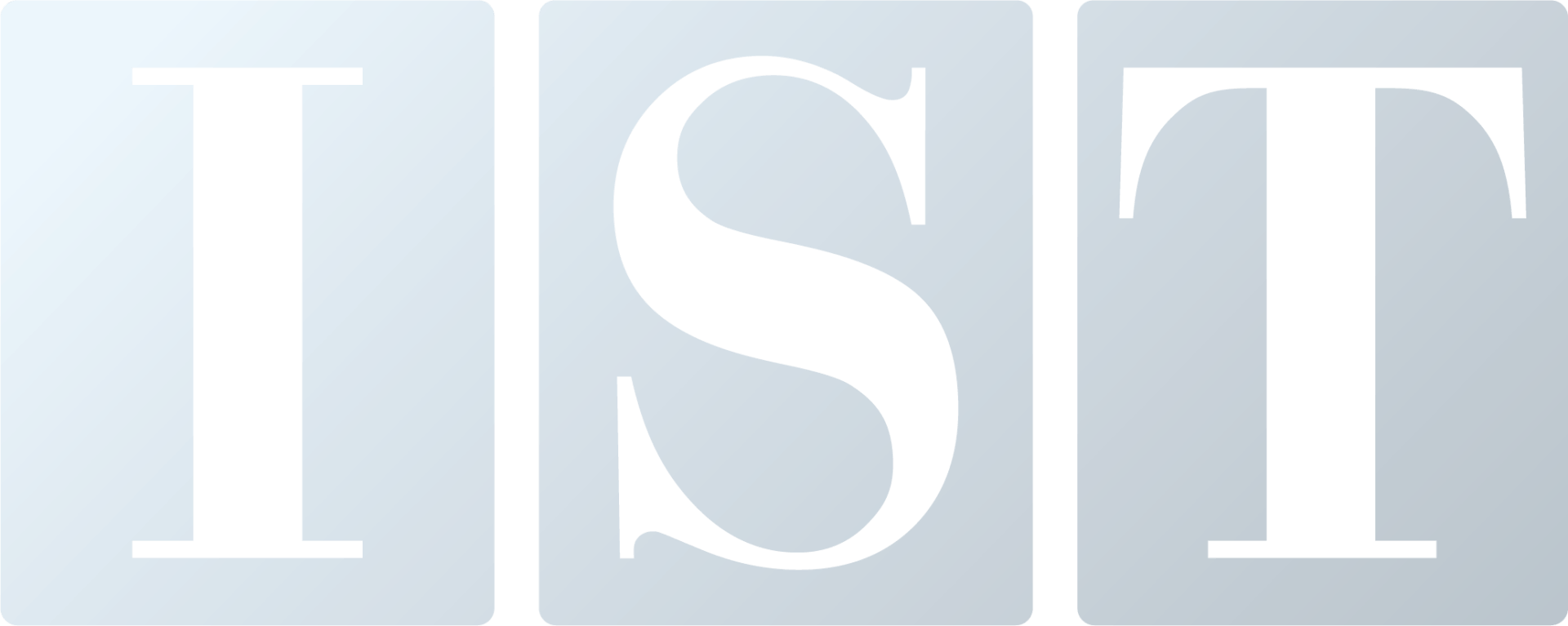Digital Depositions: Unlocking Control and Security with Advanced Tools
Ep. 39: Digital Depositions: Unlocking Control and Security with Advanced Tools
In this episode of 'Outside-IN,' join Jim Pelley, National Director of Court Reporting, as he dives into the crucial digital evolution of court reporting, a necessary shift addressing the industry's significant shortage of traditional stenographers.
You'll learn how specialized tools, unlike generic platforms, offer unprecedented audio quality with separate recording channels for each participant, ensuring clarity and accurate transcription even when multiple people are speaking.
Discover how these advanced solutions provide attorneys with secure and precise control over exhibits, allowing for strategic sharing and even highlighting of specific document sections without ever giving up control of the original file. Jim also highlights the ease of adoption of these technologies, supported by certified electronic reporters, and how this client-centric approach is making legal proceedings more efficient, accessible, and flexible than ever before, adapting to the unique needs of attorneys and paralegals.
Episode Highlights
Connect with: Jim Pelley | LinkedIn
Learn More about: Top 5 Common Deposition Challenges CaseTestify Solves | Embracing Change in Legal Operations | Revolutionizing eDiscovery
Key Takeaways:
- The Critical Shortage of Stenographers Driven by Multiple Factors: The court reporting industry faces a significant and worsening problem of too few stenographers, a known issue for decades that has been poorly addressed by the industry. This shortage is exacerbated by the demanding nature of the profession, which can lead to debilitating physical conditions like carpal tunnel syndrome, causing many to retire early. COVID-19 further accelerated this trend, pushing more experienced stenographers out of the workforce.
- Accelerated Reluctant Legal Adoption of Digital Tools: While a global crisis, COVID-19 served as an unexpected catalyst for the legal industry to embrace online video chat and digital platforms for services like depositions. Previously, there was significant reluctance in the legal space to conduct proceedings online due to concerns about quality, but the pandemic made it a necessity to continue operations, proving its viability.
- Specialized Digital Tools Offer Superior Audio Quality and Transcription: Unlike generic communication platforms such as Zoom or Teams, specialized digital reporting tools are designed specifically for the legal space and provide significantly better quality. A key differentiator is the ability to record each individual participant on a separate audio channel, which allows for accurate separation of voices, even when participants speak over each other. This ensures precise transcription and the ability to verify who said what, when, including objections.
- Unprecedented Security and Control in Exhibit Management: These advanced digital tools provide attorneys with secure and precise control over exhibits. Exhibits can be uploaded in advance or on the fly and are held privately by the taking attorney until they choose to display them. When shared, it's a remote screen share that maintains the attorney's control, preventing others from downloading or altering the document. The tools also allow for strategic highlighting of specific paragraphs on a chosen page, without giving up control of the original document. This directly addresses concerns about "maintaining control" of sensitive information.
- User-Friendly Technology and Comprehensive Support for Adoption: Despite the advanced features, the digital tools are designed for ease of use, requiring only 5-10 minutes of training for attorneys or paralegals to master exhibit handling. The transition is further supported by the growing role of Certified Electronic Reporters (CERs). These certified professionals ensure proper microphone setup, administer oaths, keep track of proceedings, and can manage the exhibit process, providing guidance much like a traditional court reporter would in person.
- A Flexible, Client-Centric Approach to Modern Legal Proceedings: The digital evolution allows court reporting services to prioritize client needs and flexibility. Jim Pelley emphasizes a philosophy of "there's no one way to do anything. We want to work the way you want to work. So you tell us how to approach it from your perspective and we'll tell you how we can make that happen". This adaptability makes legal proceedings more efficient, accessible, and less stressful by allowing attorneys to work from their office or home, and even use digital exhibit sharing for in-person proceedings to avoid logistical burdens like carrying multiple boxes of physical documents.
Listen, Watch and Subscribe!
Check out our previous episodes here:








